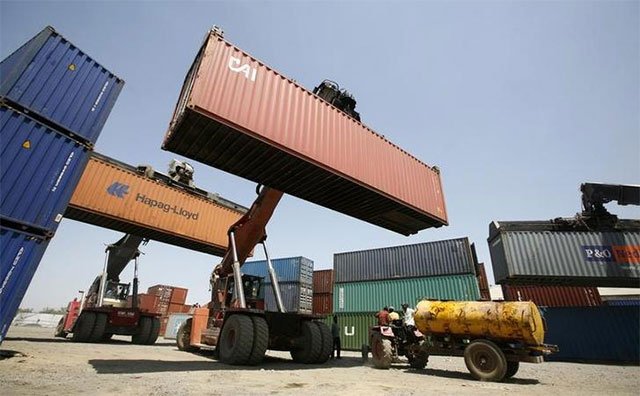
One of the biggest stumbling blocks to bringing Pakistan’s economy back on track is the widening gap between trade inflows and outflows. The current account balance of our trade deficit has also been an issue for the sitting government, which has tried to resolve this. In the 2019-2020 budget, heavy taxation on imported goods and the decreasing value of the currency were policy measures taken by the government that looked to rectify this—and it looked like this strategy was working for a while. Exports remained stagnant (they were not being directly targeted) while imports dropped dramatically.
But this change was only temporary. Once the economy got back on track, there was an immediate increase in imports and the current account balance went into deficit once again. The government should learn its lessons and realise that focusing on decreasing imports will not be as helpful as increasing exports; perhaps it already knows this but is looking for a quicker fix. The long term solution is the one that will work.
In fact, the only area where imports can be curtailed to the benefit of the country, is in raw materials. One of the biggest burdens in the import balance is the inflow of crude oil, used for transport and other industries, but also a major input in the generation of power through oil-fired plants. Moving towards more sustainable energy will help reduce this burden.
Ironically, many of our major exporting industries—agriculture and textiles—also import raw materials heavily. If these raw materials were to be produced here at home, the balance would improve with a multiplier effect; all exports would count more positively on the balance, and their imported inputs would also stop taking a toll on our current account.
There is no quick fix to decrease the trade deficit. This is why the government must take its time, but target industries that target raw materials. Trying to curtail luxury imports is not a battle that the government can win in—because once it gets the economy to grow, those with increased purchasing power will spend a lot of their incomes and profits on commodities that are still not produced here at home.
Published in The Nation on 3rd September 2021


